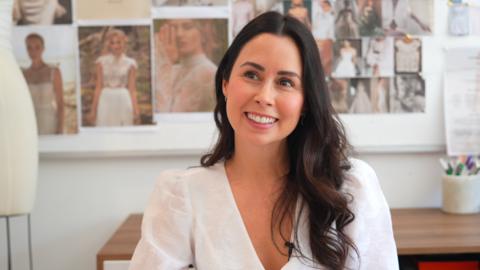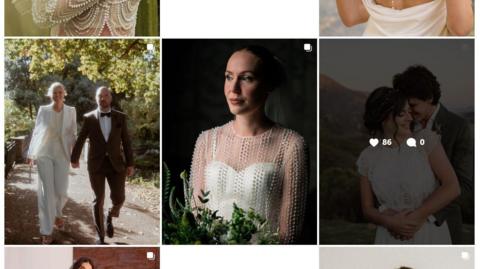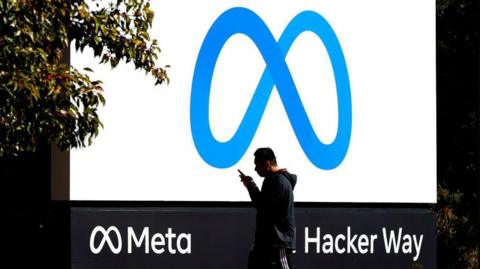When wedding dress designer Catherine Deane saw her company's Instagram account get hacked, she says it was "devastating".
"It felt like the rug had been pulled from under us. Instagram is our primary social platform, and we've invested the most amount of time and business resources into it.
"To keep the account current we post content every day. Suddenly all this work… it was just pulled."
Ms Deane's UK-based business, which is named after her, sells wedding dresses online, with her biggest market being the US.
On Instagram it now has 59,000 followers, but a few years ago the firm lost control of the account after a member of its social media team received a message suggesting that the business had been selected to get blue-badge verification from Instagram, which is owned by Facebook's Meta.
This was the stamp of authenticity that Ms Deane had long sought. "We were obviously very excited about that," she says.



